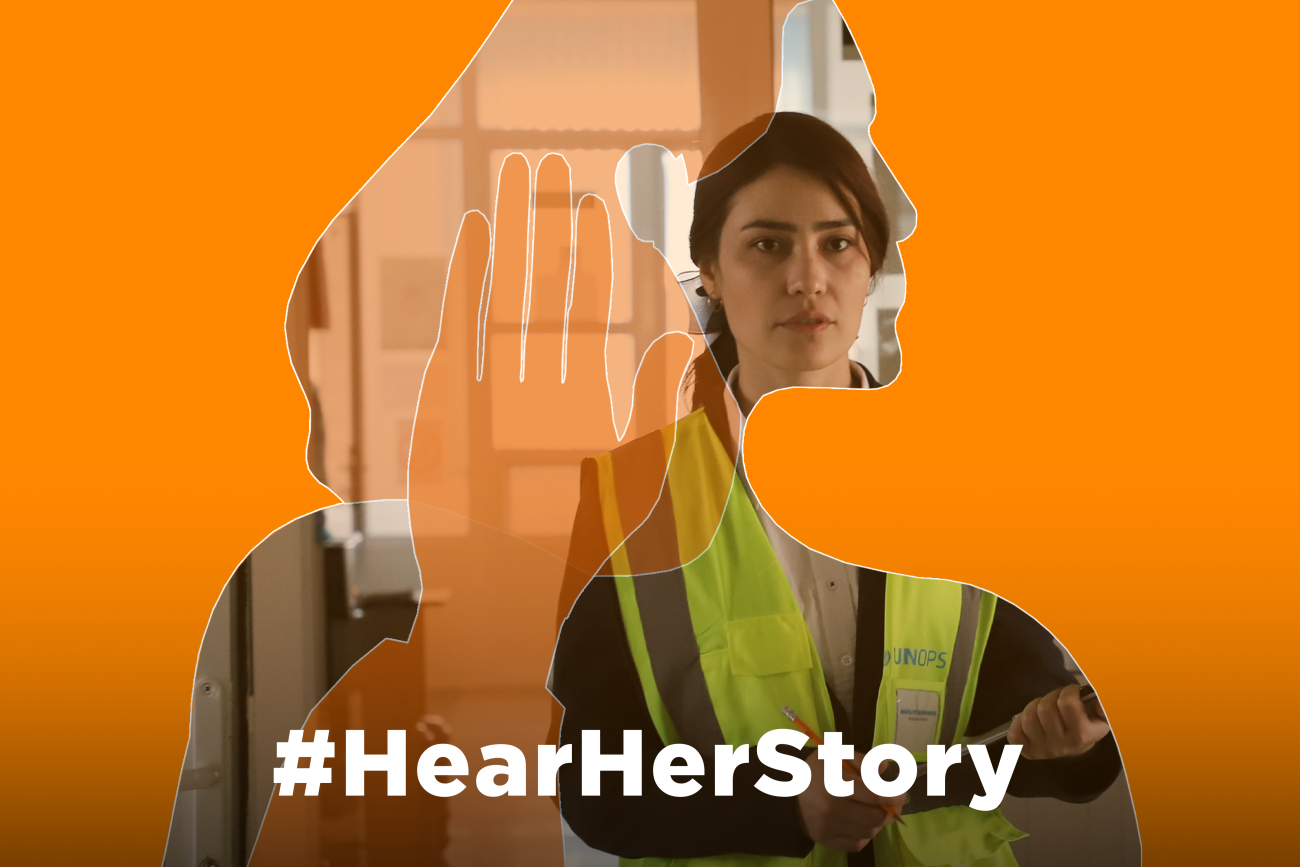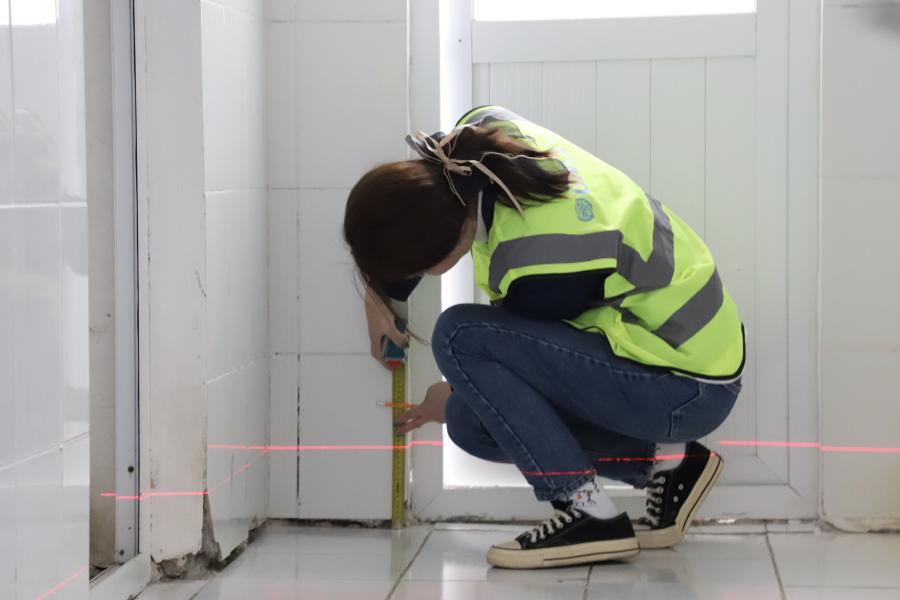Construction is a job FOR WOMEN: story of Makhliyo

Growing up in a boarding school for orphans, Makhliyo faced many challenges from a young age.
A lack of emotional support from parents, stigma from society, and limited opportunities for personal development. Despite these challenges, she became the first student at her school to graduate with honors and get accepted into her dream school, the Tashkent Institute of Architecture and Civil Engineering.
“The hardest challenges we face are not the physical ones, but the biases and prejudices that exist in our society”, Makhliyo recalls her experience after graduating from the institute. Still existing gender-based discrimination in the professions that have traditionally been considered male-dominated poses barriers for women to prove their competence in these fields.
“I was always told that I could not hold senior positions or manage clients just because I am a woman”, she shares. Such discrimination in the workplace, in the example of gender stereotypes and biases, limited her opportunities for professional growth and development. However, she refused to let stereotypes define her future.
In early 2023, Makhliyo joined UNOPS in Uzbekistan as an architect. At UNOPS, she found a workplace that supported her growth and believed in her potential. Within the organization, she works in construction and design management, and contributes to large-scale infrastructure developments. “Here I feel I am being treated with fairness and given equal opportunities to contribute my ideas. It motivates me to do my best work”, says Makhliyo.
UNOPS, among other UN agencies, champion gender equality in all sectors. Construction is an area where women are often underrepresented. In fact, according to the International Labour Organization (ILO), women make up only about 9% of the workforce in construction globally, a sector historically dominated by men. However, studies show that gender-diverse teams tend to outperform those with less diversity. Did you know that when women are included in infrastructure projects, the outcomes are more sustainable and equitable for entire communities? Diversity wins, how? Check out this article.
This is why UNOPS has prioritized gender equality as a core part of its mission. By investing in women and creating an inclusive environment where everyone, regardless of gender, has the chance to thrive, the organization supports women in leadership roles and encourages them to contribute their ideas and expertise in all areas. It brings stronger, inclusive and sustainable outcomes for all.
“Architecture is not only about designing and constructing buildings, it is creating an environment that promotes safety, inclusivity, dignity and well-being”. Makhliyo found a supportive environment, where she can realize her full potential and make a positive impact, regardless of her background, personal characteristics or circumstances. And now, you're probably curious what this story is about.
Makhliyo’s story is not just about one woman overcoming obstacles; it is about the countless women who face similar challenges in male-dominated industries around the world. It’s about breaking the circle of stigma and discrimination that holds many women back . It is about showing that women can be leaders, builders, and architects of change. By sharing one journey, your writer hopes it helps challenge the stereotypes that women don’t belong in industries, where they are not encouraged.

It is also about employers and organizations, playing a key role in this shift by creating a work environment where they can reach their full potential and contributing to a larger movement of empowerment, equality, and change that goes far beyond one individual. Organizations that foster diverse, inclusive cultures see better decision-making, improved innovation, and stronger team collaboration.
Finally, this story is about reminding that women’s voices need to be heard and supported to break down barriers, change perceptions, and build a future where everyone has the opportunity to succeed.
Hear Makhliyo now. “Construction is a job FOR WOMEN!” she says proudly. “We are the builders of a better future.” And she is right.



